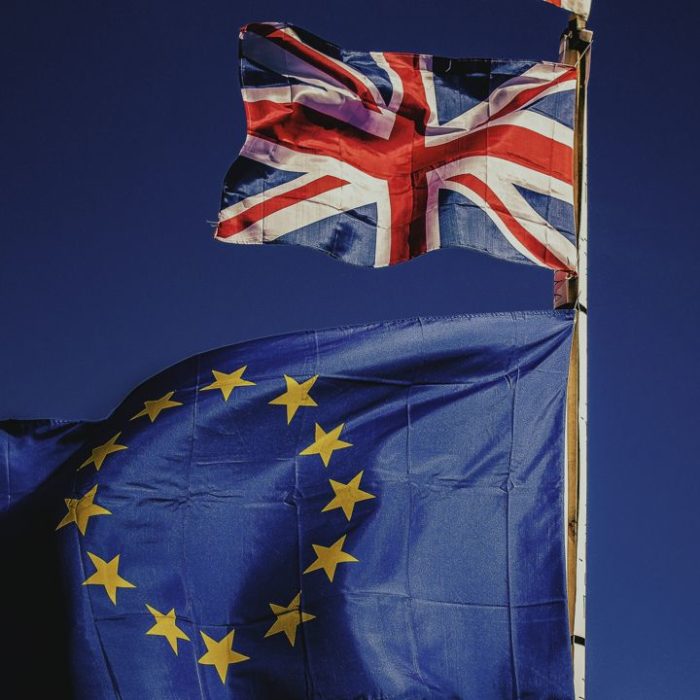
New study by Imke Henkel “Euphoric defiance: the role of positive emotions in the British Eurosceptic discourse” analysed a sample of texts from a larger corpus of 334 Euromyths news stories. Henkel used critical discourse analysis building on appraisal theory and Roland Barthes´ theory of myths as a type of speech to study the stories.
Six stories were studied, Since the Daily Mail had published most Euromyths stories, two stories were selected from it. The six stories represented an over 20 year period from Maastricht Treaty to David Cameron’s Bloomberg Speech, from 1993 to 2014.
Euromyths stories conveyed mirth and pride
When it comes to emotional expression, the stories display few direct expressions to emotions, but many indirect ones. Out of 2065 words in the sample, only 16 directly referred to emotion.
However, when complex linguistic features were considered, many stories conveyed mirth via puns, word plays and comic wording.These, in turn combine to create a ‘prosody’, as Halliday would describe it, that colours the whole story, evoking the emotion of mirth. All six stories conveyed the emotion of mirth.
The other emotion that the stories conveyed was that of pride. Unlike mirth, there were no words at all that conveyed pride. Instead, pride was conveyed by evaluating Britain and British people as strong and witty in contrast to continental Europeans, or less reliant on subsidies. Four of the six stories conveyed pride. Often, pride and mirth were linked in the stories.
Most of the stories used authorial voice to convey mirth, as opposed to the people who were reported on. Three of the stories use a conversational tone in the authorial voice, such as assuming the audience as a source of laughter.
The other three used a seemingly objective method of reporting, but utilized a Shakespearean jester-like voice to convey the absurdity of the legislation. The “jokey” tone thus assumed a shared worldview, thus it is a significant disruption to normal news form.
The author concludes that mirth and pride are used to compensate for the loss of power that comes with EU legislation and interference in British affairs, becoming an act of defiance against the encroaching EU during the British EU era.
The article “Euphoric defiance: the role of positive emotions in the British Eurosceptic discourse” by Imre Henkel is in Journalism. (open access).
Picture: Anti-Brexit March in London by Rocco Dipoppo.
License Unsplash.